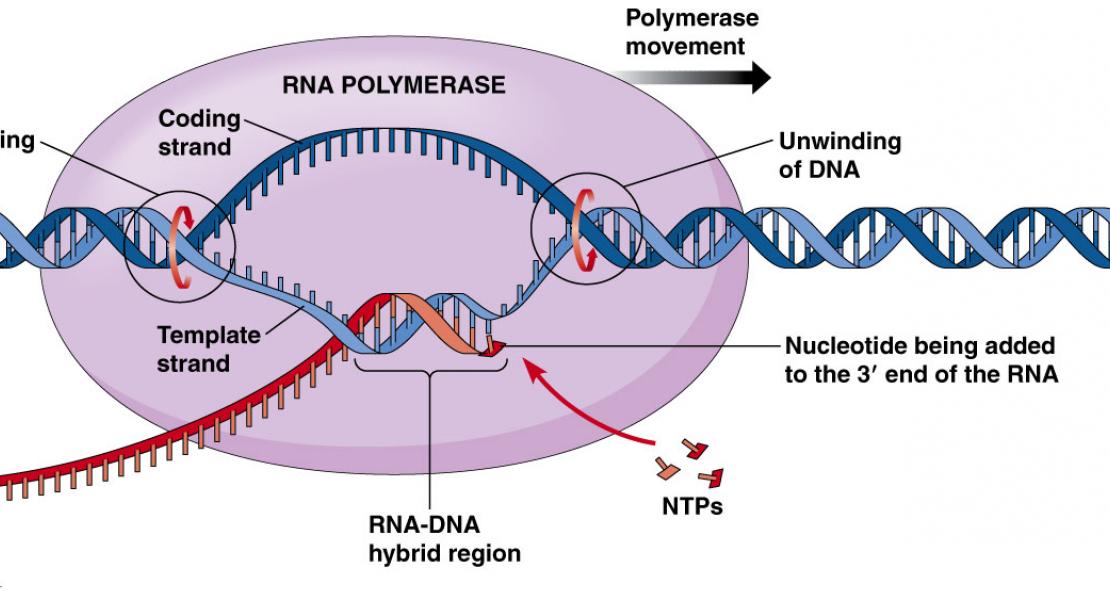miR-199a Links MeCP2 with mTOR Signaling and Its Dysregulation Leads to Rett Syndrome Phenotypes

Abstract
Rett syndrome (RTT) is a neurodevelopmental disorder caused by MECP2 mutations. Although emerging evidence suggests that MeCP2 deficiency is associated with dysregulation of mechanistic target of rapamycin (mTOR), which functions as a hub for various signaling pathways, the mechanism underlying this association and the molecular pathophysiology of RTT remain elusive. We show here that MeCP2 promotes the posttranscriptional processing of particular microRNAs (miRNAs) as a component of the microprocessor Drosha complex. Among the MeCP2-regulated miRNAs, we found that miR-199a positively controls mTOR signaling by targeting inhibitors for mTOR signaling. miR-199a and its targets have opposite effects on mTOR activity, ameliorating and inducing RTT neuronal phenotypes, respectively. Furthermore, genetic deletion of miR199a-2 led to a reduction of mTOR activity in the brain and recapitulated numerous RTT phenotypes in mice. Together, these findings establish miR199a as a critical downstream target of MeCP2 in RTT pathogenesis by linking MeCP2 with mTOR signaling.
